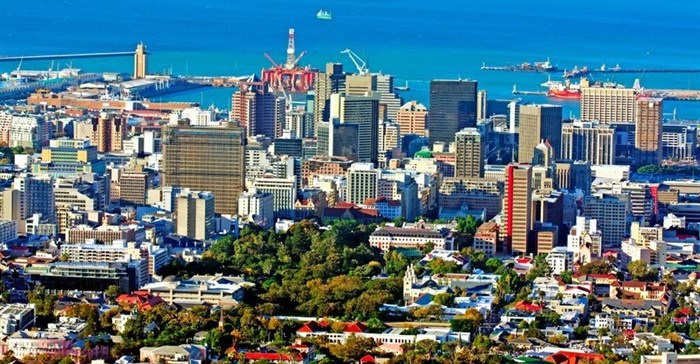
Top stories

Marketing & MediaWarner Bros. was “nice to have” but not at any price, says Netflix
Karabo Ledwaba 11 hours




Logistics & TransportMaersk reroutes sailings around Africa amid Red Sea constraints
Louise Rasmussen 4 hours

More news



















Van der Merwe cites FNB’s latest research on interprovincial repeat homebuyer migration patterns, which shows a very low rate of departure from the Western Cape, and high levels of inward migration from other provinces.
“Cape Town and our surrounding areas are perceived as having a high quality of life in comparison to many other South African cities,” he says, “largely due to our good economic opportunities, excellent service delivery and administration, and enviable lifestyle. As a result, we’re not only retaining existing Capetonians, we’re also attracting high numbers of wealthy, skilled individuals from other parts of the country and the world at large. This is having a direct and ongoing effect on residential property demand.”
With demand fuelling growth, it’s no wonder that Cape Town typically outperforms every other South African urban hub in the residential property sector. In fact, the city was recently placed 33rd out of 165 in the international Knight Frank Global Residential Cities House Price Index, with its annual growth rate of 8.6% outstripping Johannesburg (placed 52nd) by a significant 2.6%.
The Western Cape has also had the highest number of super-luxury sales in the country over the last ten years, according to statistics from Lightstone, and has recorded the steadiest growth in that market sector. “Cape Town has seven of the top ten highest performing suburbs in South Africa,” says van der Merwe. “We’re also seeing the spectrum of high-end buyers widening, and more and more under 35-year-olds are joining the ranks of the 45 to 54-year-olds typically active on the Cape’s super-luxury property scene.”
It’s not only buyer statistics that indicate a positive future for the Western Cape’s property market, however. Growth in related sectors also points towards continued momentum. According to Dr Ivan Meyer, the Western Cape’s provincial finance minister, the fastest growing sector in the province over the last decade has been construction. “This is an excellent sign for the property industry,” says van der Merwe. “The fact that construction is thriving proves that there is still room for market growth.”
In addition to this, real estate, finance and insurance took second place in the same list of fastest growing sectors in the Western Cape. “These are all industries that have a role in property transactions and ownership,” says van der Merwe, “and their success is consistent with the kind of property hotspot that the Western Cape has become and will, in my opinion, continue to be.”
As South Africa’s officially-recognised, fastest, long-term growth economy, and backed by a history of outstanding property market success, it is not unexpected that the Western Cape is maintaining such high levels of investor confidence. “The Western Cape has proven time and time again that it will weather whatever the economy brings,” says van der Merwe, “and forecasts indicate that our property market will do just the same.”